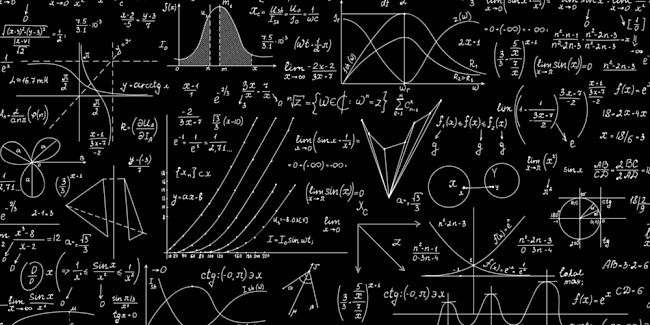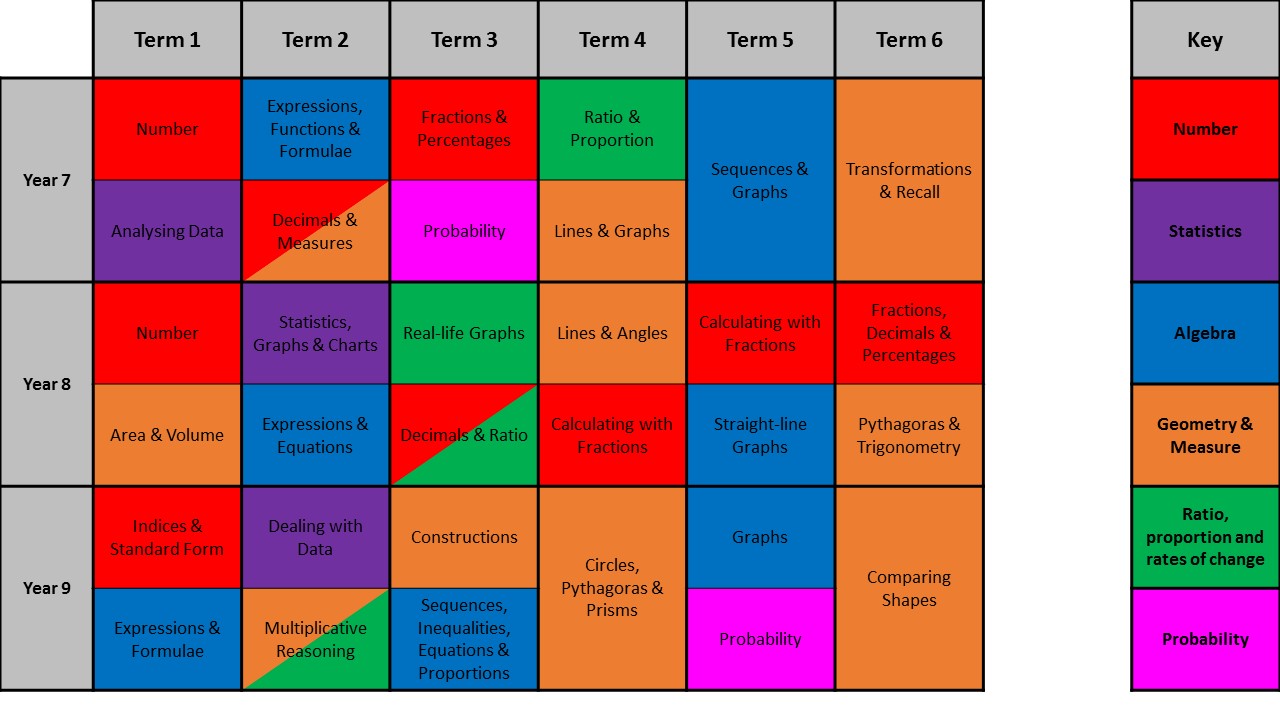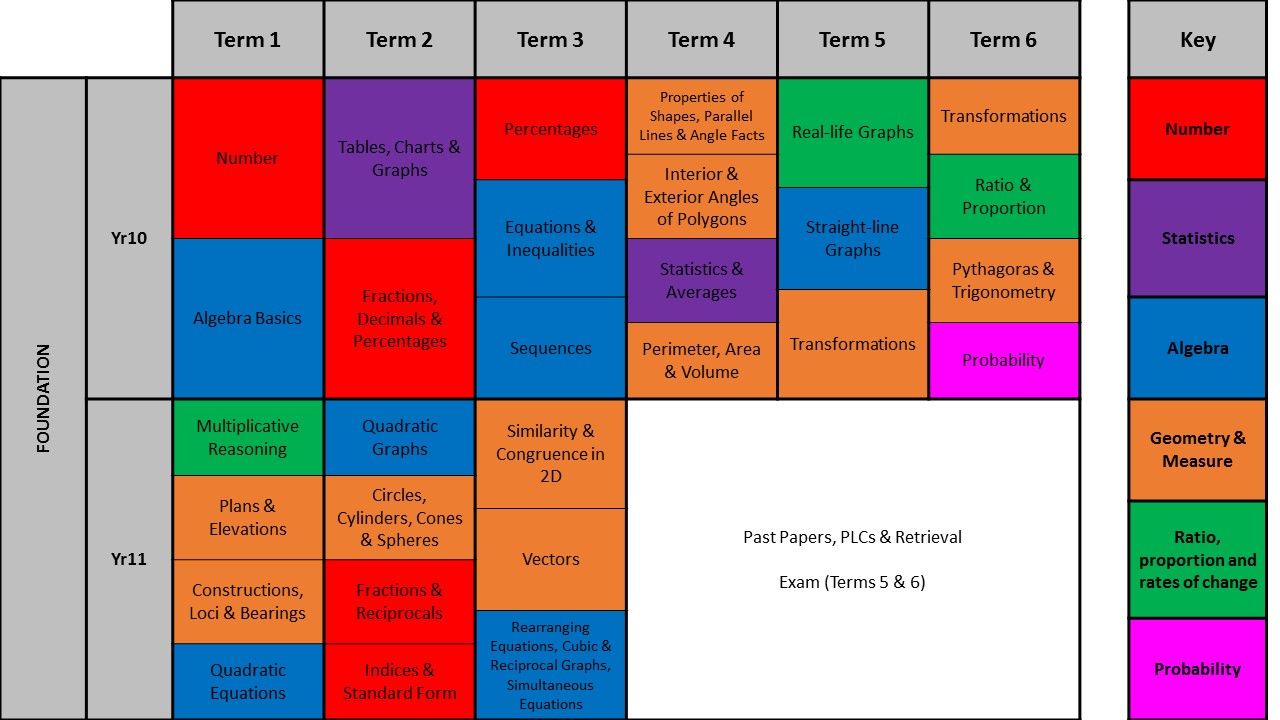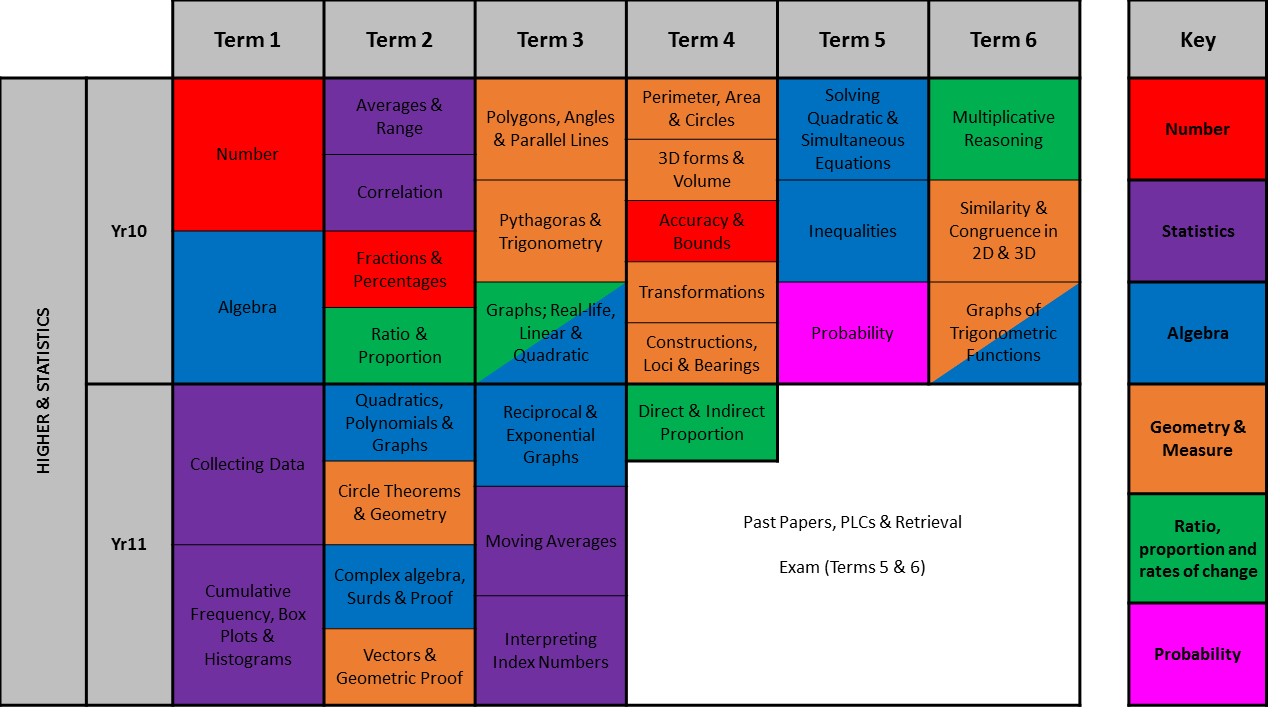Year 12 & 13 Retake Maths
We currently only offer a GCSE Maths resit in Key Stage 5 but in the future we aim to offer A level Maths.
Careers
Studying this course can lead to further areas of study such as A Level Mathematics, Physics, Biology, Chemistry, Economics, Geography and Psychology. Almost every employer will look for Mathematics as proof of a student’s ability to think logically and analytically but it is particularly useful in the following fields:
- Medicine
- Accountancy
- Insurance
- Teaching
- Computer Game Design
- Finance and investment analyst and adviser
- Programmer
- Software developer
- Actuary
- Sports scientist
Links
Fundamental British Values
Students are encouraged to embrace diversity and treat all others with respect both in and out of the classroom.
Within Mathematics, there are opportunities to study areas where numerical data is part of the rule of law. This might include taxation or calculations which need to be made to make sure that industry complies with Health and Safety legislation.
Statistics can also be used to identify the impact of legislative change. The Office of National Statistics may be helpful to demonstrate the use of Statistics to identify strong, weak and negative correlation and enable students to understand the dangers of assuming relationships between variables.
Pupils are encouraged to develop their thinking skills when analysing mathematical questions which will enable them to think through ideas critically.
Students might explore the extent of individual liberty bearing in mind legal constraints which are numerical in nature e.g. speed limits; levels of alcohol in the blood when driving; taxation levels. Students will discuss choices in terms of future education choices and careers.
At various points in the schemes of work, pupils in all year groups will study Mathematics from different cultures including the origins of Pythagoras and the Fibonacci numbers in work on Sequences. We also look at where certain words in Maths originate from such as algebra coming from Arabic.
Values such as respect, tolerance of other opinions and positive criticism are embedded in Mathematics. An underpinning drive to develop students who are resilient, determined and respectful in Mathematics, creates a positive set of values to apply to all areas of life.
There is a spiritual element to Mathematics as it can create awe and wonder in the children we teach. Mathematics can be used to explain the world and the mathematical patterns that occur in nature such as the symmetry of snowflake patterns or the stripes of a tiger. There is a sense of wonder in the exactness of mathematics as well as a sense of personal achievement in solving problems.
The moral development of pupils is an important thread running through the entire mathematics syllabus. Students will look at misleading graphs and discuss the morality of such graphs which is especially important in the era of ‘fake’ news. Pupils will also be taught how to interpret averages and why specific groups would choose certain averages and whether this is moral or not.
Problem solving skills and teamwork are fundamental to Mathematics, through creative thinking, discussion, explaining and presenting ideas. Students are always encouraged to develop their Mathematical reasoning skills, communicating with others and explaining concepts to each other. Self and peer review are important to enable pupils to have an accurate grasp of where they are and how they need to improve. Working together in pairs or groups and supporting others is a key part of Mathematics lessons.
Further Reading
- Why do buses come in threes? Rob Easterway
- Fermat’s Last Theorem Simon Singh
- Alex’s Adventures in Numberland Alex Bellos
- The Simpsons and their Mathematical Secrets Simon Singh
- The Number Devil Hans Magnus Enzensberger
- Mathematics: A Very Short Introduction by T Gowers
- Blockhead: The Life of Fibonacci by Joseph D’Agnese
- The Penguin Book of Curious and Interesting Mathematics by David G. Wells





